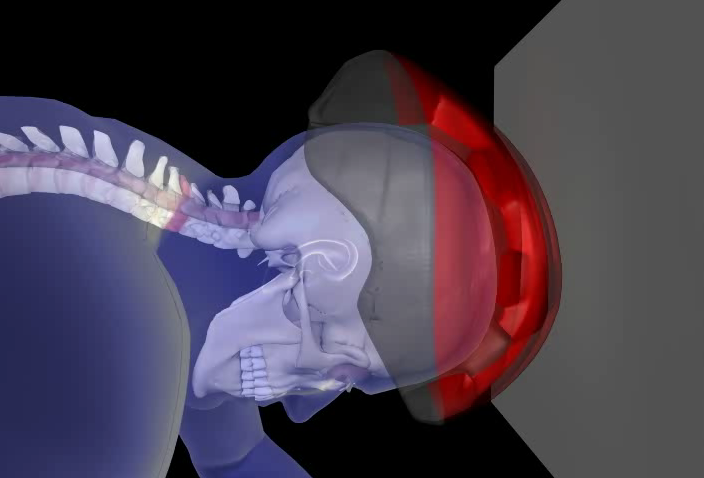iMech: Graduate Student Introspectives on UBC Mechanical Engineering is a new blog featuring the writings of various graduate students. Read it at http://blogs.ubc.ca/imech/
A bit about your blogger:
Blogger 1 – AJung (MASc.)
First, a picture.

A snapshot of AJung from a while back, before the dark circles around her eyes became permanent.
Second, name: AJung Moon.
Whenever someone asks me what my name is, I usually don’t forget to spell my name out for them in addition to pronouncing it. I say “I’m AJung. Capital A, capital J, u, n, g.” That’s right, the second letter of my first name is also capitalized and there’s no hyphens or spaces between A and J. Why? It helps people remember me better (at least as ‘the girl with two capitals in her first name’).
Third, passion: Roboethics.
What does Roboethics mean? Bing it, or Google it, and you will soon realize that I am really into it. I am the blogger behind www.RoboethicsDB.com, where I talk about ethical issues related to robotics, and also the person behind @RoboEthics on twitter. I have been interested in the field of roboethics for years, and fascinated at how the moral landscape of this world is changing rapidly by the rise of robotics. Why? Well, that’s a story worthy of a blog post on its own!
Fourth, research: Human Robot Interaction (and…. Roboethics!)
I am a second year MASc student and a member of the CARIS lab, where robots daydream about how to be more helpful to people. I am working on making a robot hesitate when it runs into a conflict with someone, such as a robot and a person reaching for the last piece of chocolate at the same time… Why would a robot want the chocolate? Don’t know, but this YouTube video (0:11 to 0:12 to be precise) is pretty much what I want to recreate with the robots at the lab. Oh, and I am under the Mechatronics & Manufacturing research group. Want to know more about my research? Please visit my profile website.
Fifth, other activities: MEGA Communications and Public Relations Director
I am the acting Communications and Public Relations Director for MEGA (the UBC Mechanical Engineering Grads Association). So, I’m the person who spams everyone about MEGA’s weekly meetings (Wed. 11am – 12noon, CEME 2052D).
Sixth, best ways to contact: Email & Tweet
Email is always the quickest way to contact me (ajmoon at interchange). If you are on twitter, I want to follow you! Direct messages are always welcome to @RoboEthics and always read on regular basis.






